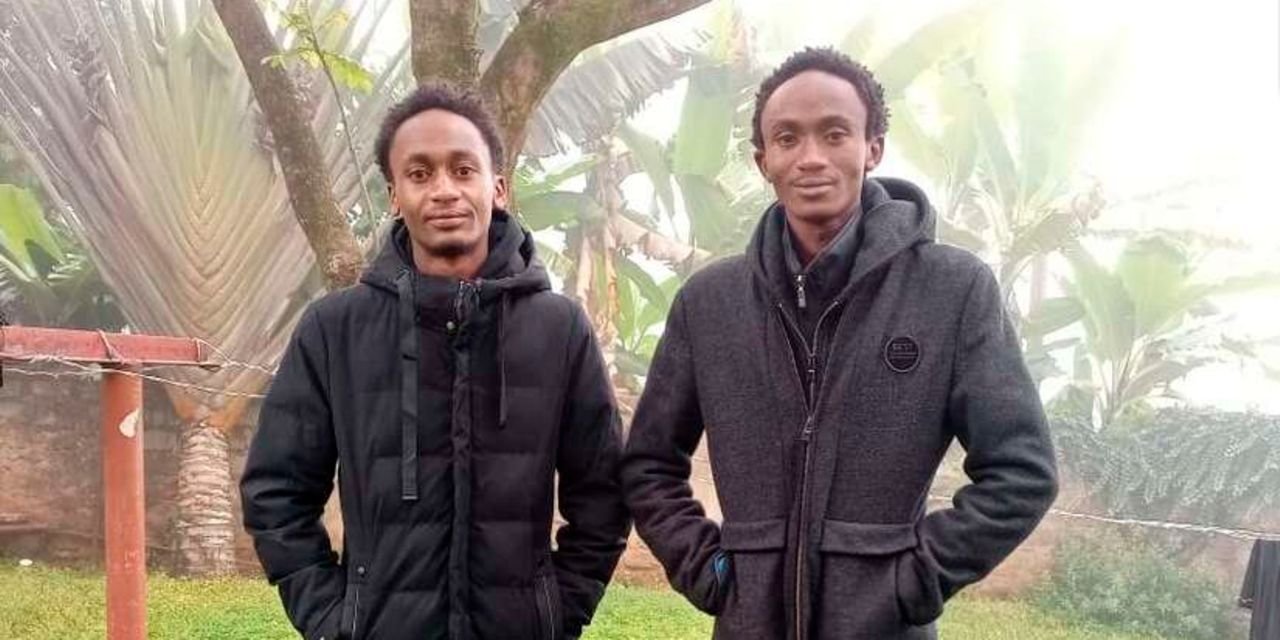
Nairobi, September 23
Six police officers charged with killing the two Kianjokoma brothers have asked the High Court to release them on bail pending their trial.
Through lawyers Danstan Omari and Cliff Ombeta, the six urged Justice Daniel Ogembo to release them saying that there are no compelling reasons tabled by the State not to grant them bail.
They further argued that they cannot interfere with witnesses as they were interdicted as innocent.
The six officers namely Benson Mbuthia, Consolata Kariuki, Nicholas Cheruiyot, Martin Wanyama, Lilian Chemuna and James Mwaniki are accused of killing Emmanuel and Benson Ndwiga.
“The prosecution should place before the court evidence of interference with witnesses which the prosecution has not done my Lord,” Ombeta argued.
Lawyer Ombeta faulted the prosecution for not providing any compelling reasons to warrant denying the accused persons bail.
Omari, representing one of the six officers, Benson Mbuthia, argued that even though the two brothers died in the hands of the accused persons, they did not kill them.
He argued that the case should have been subjected to an inquest instead of a criminal case as the prosecution had done.
He said the two brothers were arrested at Kianjakoma market and put together with the other detainees in a police land rover.
Omari informed the court that one eye witness, who was inside the police vehicle, by the name Simon Muchangi, said he saw two brothers jump from the Land Rover but the police did not see them jump.
He also argued that there was no affidavit from any member of the family of the deceased showing that the civil societies were indeed representing them.
Omari also dismissed the allegations by the Director of Public Prosecutions (DPP) and the Independent Police Oversight Authority (IPOA) that the six were still officers and had influence.
He produced to court interdiction letters that show the officers have indeed been interdicted from the police service.
“My Lord we have provided annextures of their interdiction letters, they cannot access, they have lost any privileges of being police officers,” Omari said.
On the issue of the accused not having a place of abode, Ombeta said that there is evidence that the officers have homes which are known by the state.
He added that the cure is to give stringent terms to enable them come to court but not to deny them bail as the state wants.
Lawyer Martina Swiga, for the fifth accused, said all the grounds laid out by the prosecution are mere allegations and speculation.
Swiga added that the essence of bail is to ensure that the accused attend court and not to curtail their right to bail.
The prosecution strongly opposed to their release urging the court to deny them bail.
The prosecution argues that the accused are not qualified to be admitted on bail pending trial because they have a strong and irrefutable evidence that points to their guilt.
The court also heard that the accused being police officers are well trained in the use of reasonable force, safe use of guns but their actions on that fateful night indicate a premeditation on their part towards the deceased persons.
The prosecution said that if the six are released on bail it will be prejudicial to the family of the deceased who are victims in the matter.
The victim’s lawyers including LSK, IMLU and KHRC also urged court not to grant the accused persons bail.
The victims' lawyers also stated that the family is still under apprehension of fear especially due to the fact that the issue involved persons in authority being police officers who have deep connections on the ground and have capacity to influence or threaten possible witnesses.
The family has been in continuous traumatic state due to the tragic loss of their two sons, the loss of their grandmother and their confirmed contraction of Covid-19 where they are still recovering.
They are also of the opinion that if the six are released on bail there might be unrest and uproar from the Kianjakoma community leading to the disturbance of peace within the area.
By Fridah Wangechi | 1 year ago
By Fridah Wangechi | 1 year ago
By Fridah Wangechi | 1 year ago